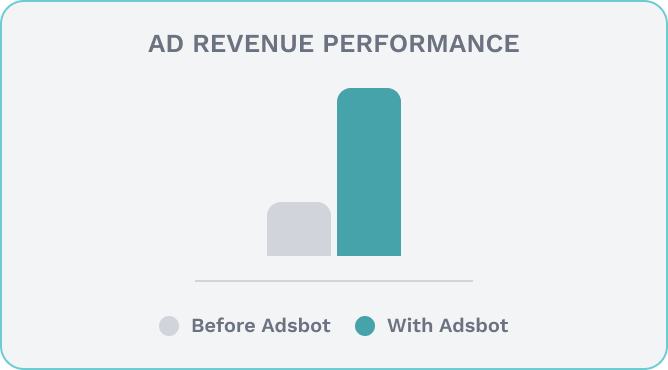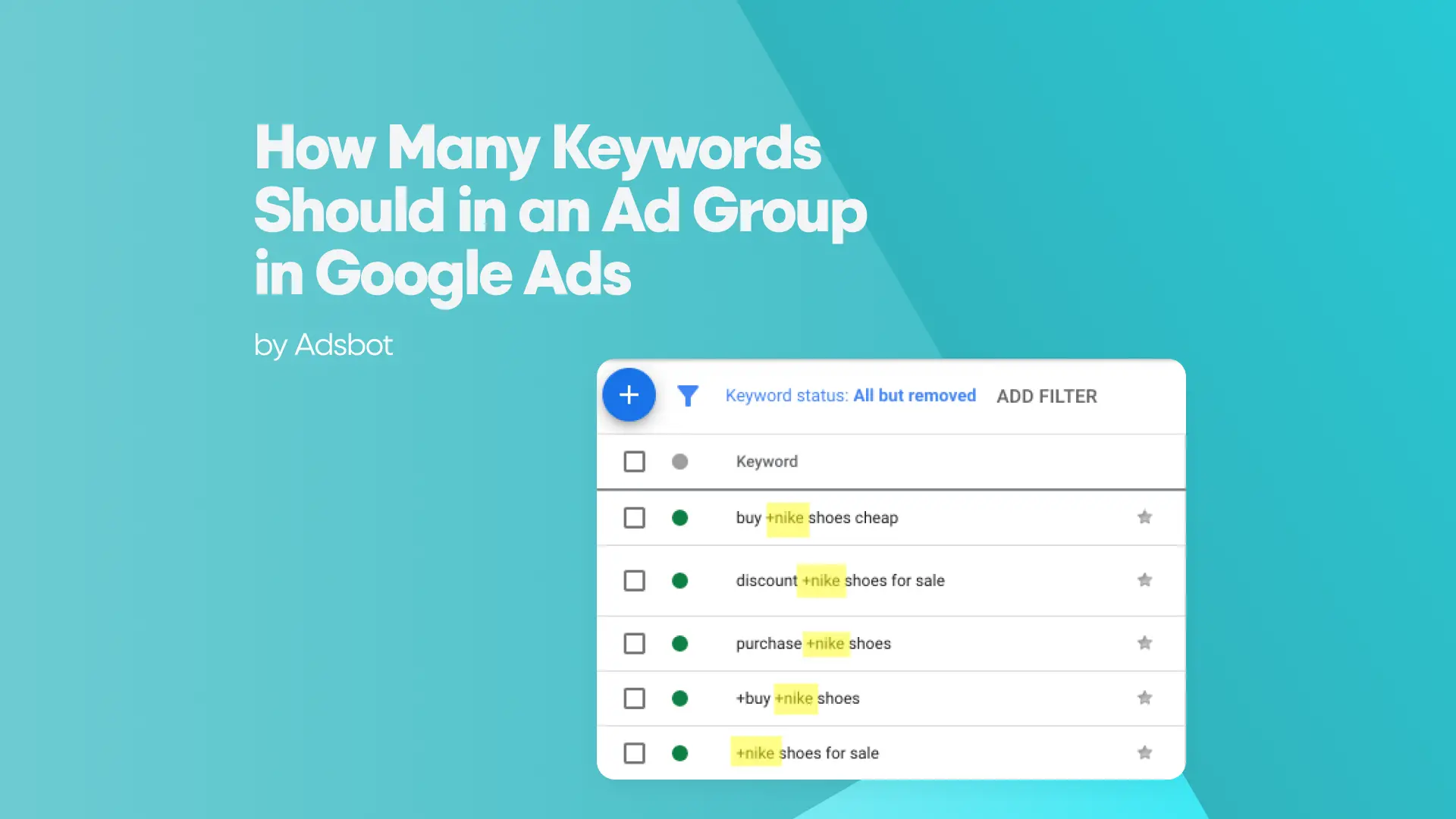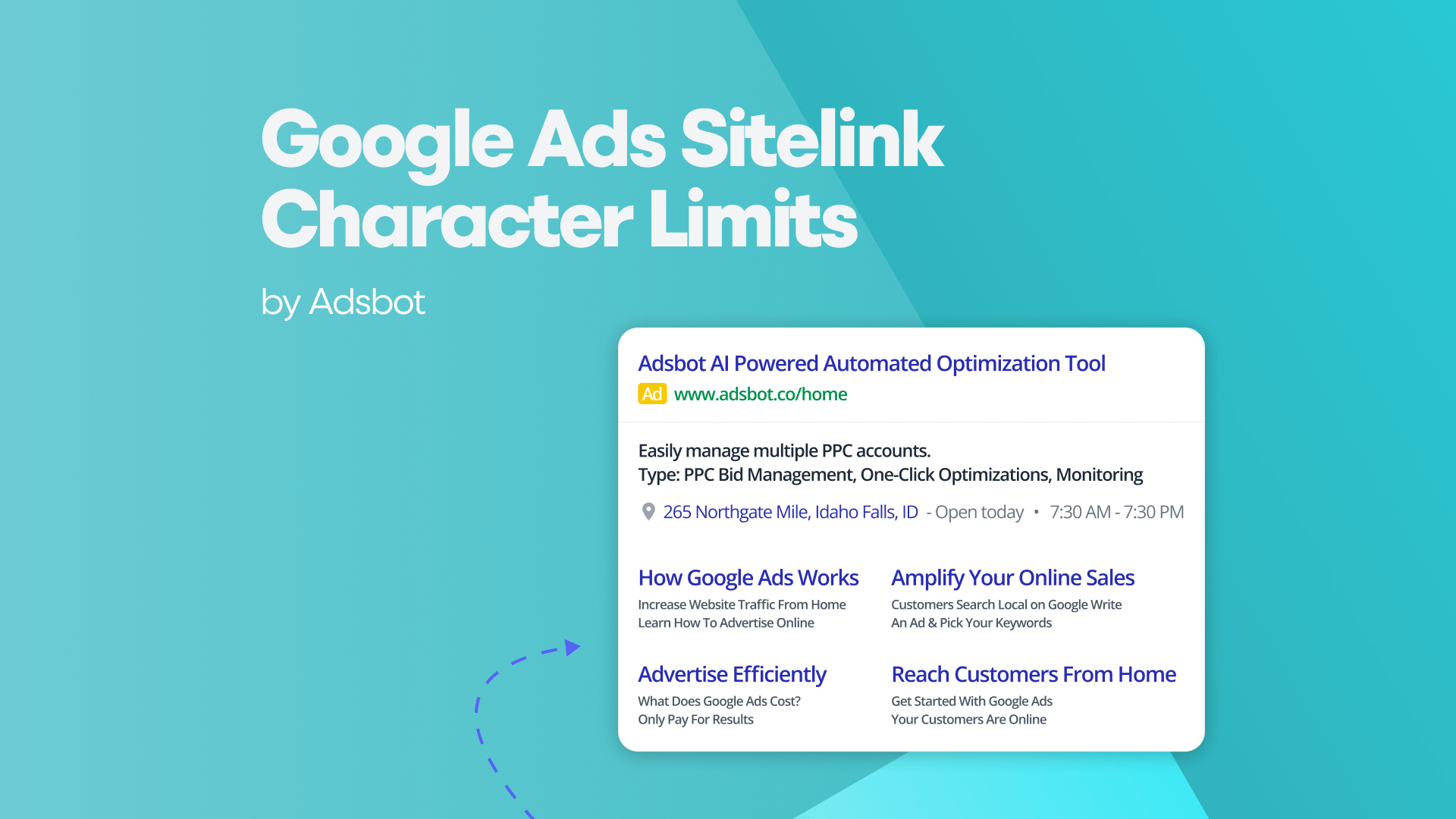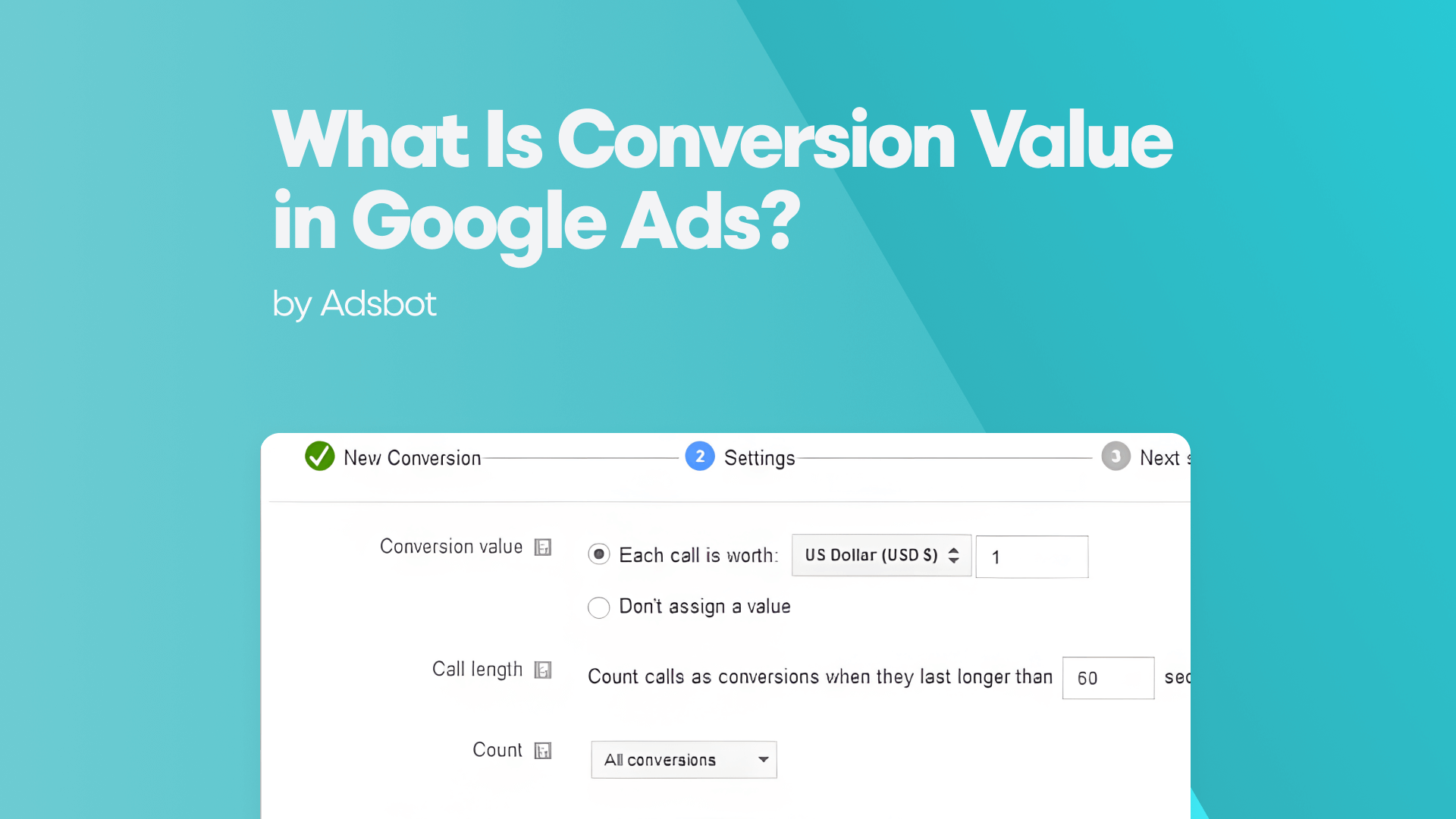A conversion funnel, also referred to as a sales funnel, is a fundamental concept in marketing and sales that illustrates the journey a potential customer takes from initial awareness of a product or service to completing a desired action, such as making a purchase or signing up for a newsletter. It visualizes the process of converting prospects into customers and emphasizes the stages they go through before reaching a final decision.
What’s the First Phase of the Conversion Funnel?
The initial phase of the conversion funnel is crucial for laying the groundwork to attract and engage potential customers. Here’s a deeper look into strategies employed during this phase:
Content Marketing
It involves creating and distributing valuable, relevant, and consistent content to attract and retain a clearly defined audience. This can include blog posts, articles, videos, infographics, and more. By providing informative and engaging content, businesses can establish credibility, build trust, and educate potential customers about their products or services.
Social Media
These platforms play a pivotal role in the awareness phase of the conversion funnel. Businesses utilize platforms like Facebook, Instagram, Twitter, LinkedIn, and others to increase brand visibility, engage with their target audience, and drive traffic to their website. Through organic posts, paid advertisements, and influencer collaborations, brands can reach a wider audience and foster meaningful connections with potential customers.
Search Engine Optimization (SEO)
SEO is essential for improving a website’s visibility in search engine results pages (SERPs). By optimizing website content, meta tags, images, and URLs with relevant keywords, businesses can attract organic traffic from users actively searching for products or services related to their offerings. SEO also involves technical aspects such as optimizing website speed, mobile-friendliness, and ensuring a secure browsing experience, all of which contribute to enhancing user experience and boosting search engine rankings.
What is a Conversion Funnel in Web Analytics?
In web analytics, the conversion funnel is a pivotal framework for understanding user behavior and refining conversion rates. It allows marketers to meticulously track and evaluate how users progress through distinct stages of engagement on a website or digital platform, namely awareness, interest, decision, and action. Understanding what is CPM (cost per thousand impressions) can also play a role in assessing the effectiveness of marketing efforts at the awareness stage. By scrutinizing user interactions and pinpointing potential drop-off points at each stage, marketers can strategically devise and implement targeted initiatives. These efforts are geared towards streamlining conversion paths, enhancing overall user experience, and ultimately driving higher conversion rates. The conversion funnel thus serves as a crucial tool for optimizing marketing strategies, refining customer journeys, and achieving business objectives in the digital realm
What is a Good Funnel Conversion Rate?
The definition of a good funnel conversion rate varies across industries, business models, and specific marketing objectives. Generally, a higher conversion rate indicates that a larger percentage of users successfully progress through the stages of the conversion funnel and complete desired actions. Factors that influence funnel conversion rates include:
-
User Experience (UX)
Providing a seamless and intuitive website navigation, clear call-to-action buttons, and a responsive design that enhances user satisfaction.
-
Content Quality
Delivering valuable, informative, and engaging content that resonates with the target audience, addresses their pain points, and provides solutions.
-
Value Proposition
Clearly communicating the unique value and benefits of products or services to potential customers.
-
Customer Journey Optimization
Understanding and optimizing the entire customer journey from initial awareness to post-purchase support to ensure a positive experience at every touchpoint.
-
Performance Metrics
Regularly monitoring and analyzing key performance indicators (KPIs) such as bounce rate, average session duration, and conversion rate to identify areas for improvement and optimize marketing strategies accordingly.
In conclusion, understanding and effectively utilizing the conversion funnel is essential for businesses aiming to acquire and retain customers in a competitive digital landscape. By implementing strategic marketing initiatives across content marketing, social media, and SEO, and continuously optimizing the customer journey based on web analytics insights, Google Ads insights, businesses can enhance engagement, drive conversions, and achieve sustainable growth. The conversion funnel serves as a guiding framework for marketers to streamline their efforts, maximize ROI, and build lasting relationships with their audience.
Popular Posts
-
How Many Keywords Should Be In an Ad Group in Google Ads?
For the vast majority of modern campaigns, the ideal number…
Read more -
Google Ads Script for Dummies: An Introduction
Imagine you have an e-commerce website that sells licensed superhero…
Read more -
Google Ads Sitelink Character Limits
Your Google Ads are cutting off in the middle of…
Read more -
What Is Conversion Value in Google Ads?
What if you could put a price tag on every…
Read more
Register for our Free 14-day Trial now!
No credit card required, cancel anytime.






